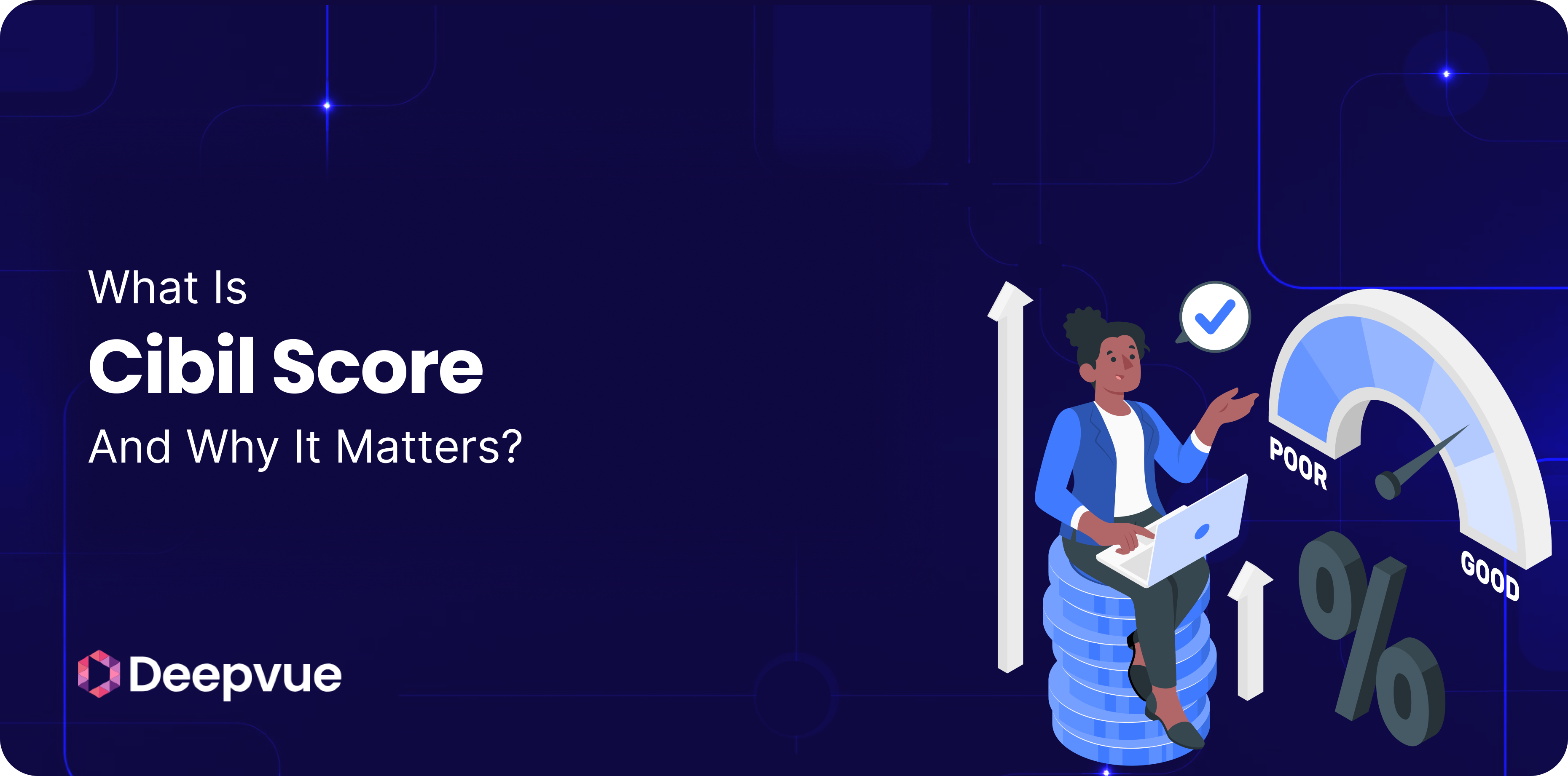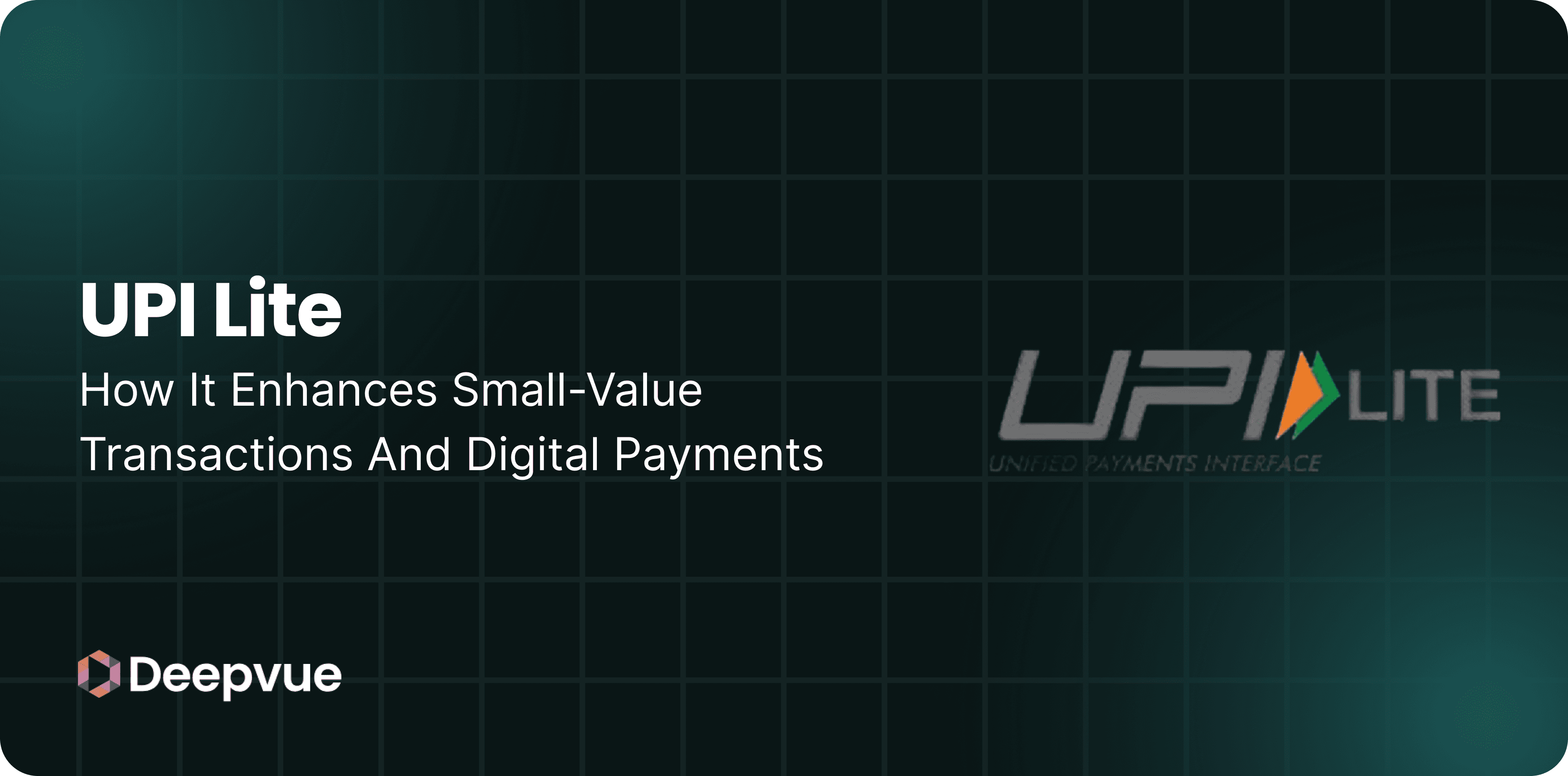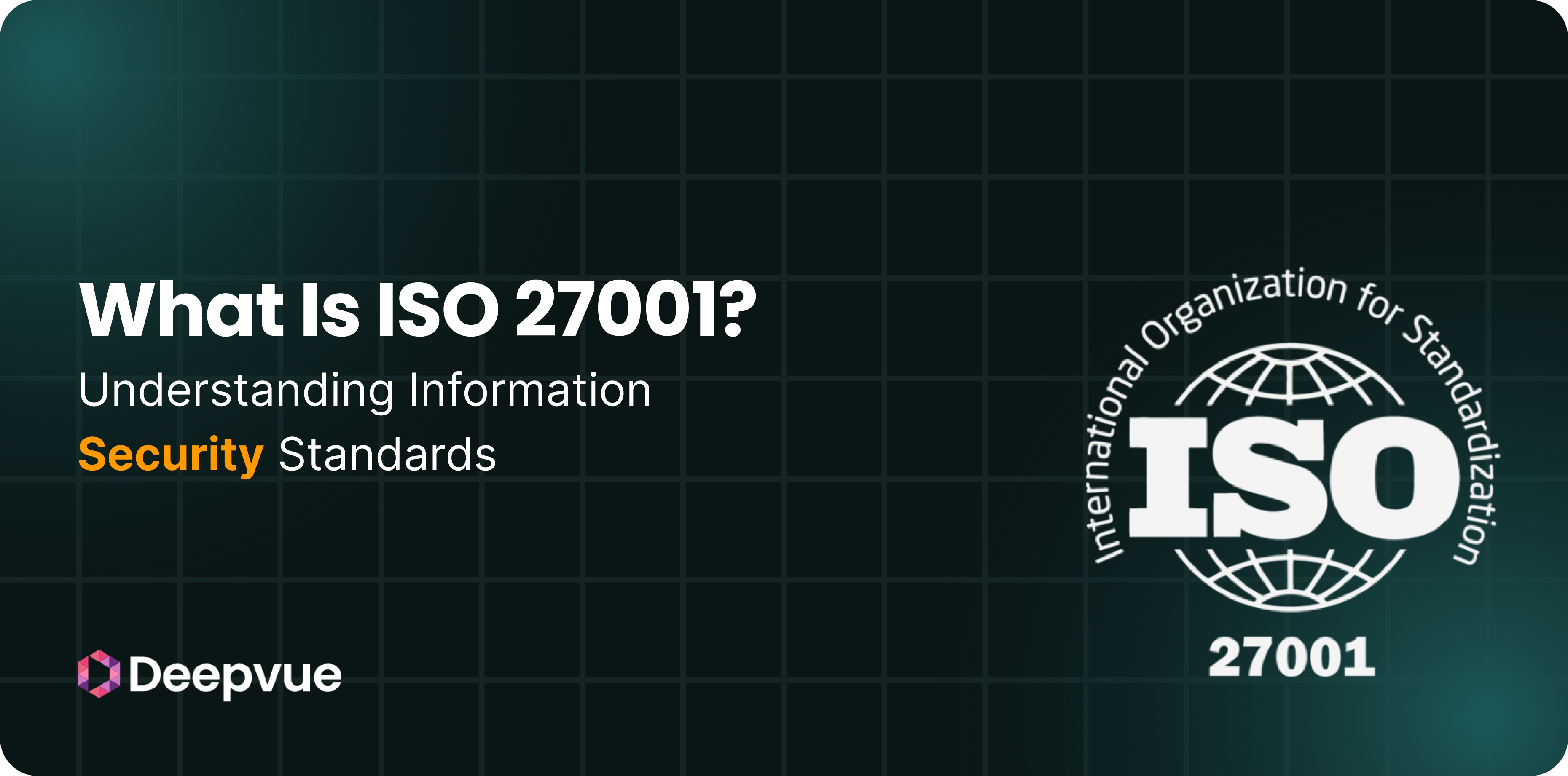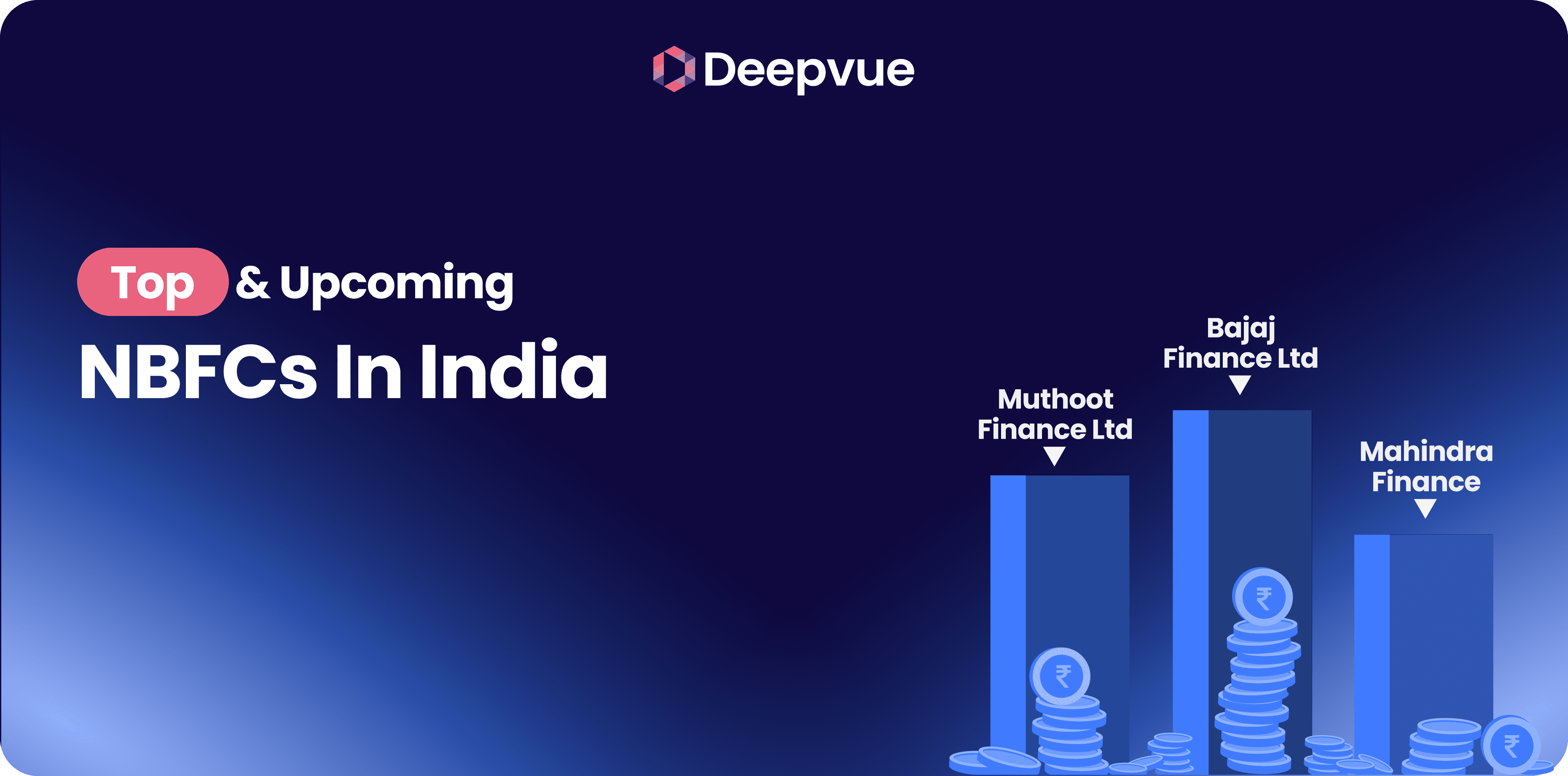Imagine attempting to rent an apartment, procure a credit card, or negotiate a home loan rate. In all these situations, an unseen judge—the CIBIL Score—decides if doors open, shut, or remain ajar only on costly terms. Generated by TransUnion CIBIL, this three‑digit number (300 to 900) distills years of repayment behavior into one snapshot of trust. A high score signals reliability, a low score raises red flags, and a middling score prompts extra scrutiny. Understanding how the number is calculated—and how lenders, landlords, insurers, and even some employers use it—can save money, stress, and missed opportunities.
What Is a CIBIL Score?
A CIBIL Score summarizes information from credit cards, personal loans, home loans, and other credit products into one number. The bureau updates the score often, basing it on:
- Repayment history—whether EMIs and card dues were paid on time.
- Credit utilization—how much of the available credit is routinely tapped.
- Length of credit history—the age of your oldest account and the average age across all accounts.
- Credit mix—balance of secured loans (home, auto) and unsecured debt (cards, personal loans).
- New credit inquiries—recent hard pulls indicating new loan applications.
Why the CIBIL Score Matters?
- Loan Approval: Banks and NBFCs filter applications by score before humans ever look at them. Pre‑approved personal loans and instant credit lines rest entirely on automated score thresholds.
- Interest Rates: High‑scoring borrowers pay less. A two‑percentage‑point discount on a ₹40 lakh, 20‑year home loan can translate to several lakhs saved in interest.
- Credit Card Limits: Issuers balance opening limits and further increases with your score, rewarding reliability with greater spending power.
- Employment Verification: Some high-level banking, insurance, and mutual fund jobs need a spotless credit history; a negative CIBIL Score can eliminate otherwise good candidates.
- Rental & Insurance Decisions: Landlords in major metros—and a growing number of insurers—use credit scores as a proxy for the likelihood of timely payments or claims fraud.
What Counts as a “Good” CIBIL Score?
- 300 – 549 (Poor): High risk; difficult to obtain mainstream credit.
- 550–649 (Fair): Potential approvals with more interest and collateral.
- 650 – 749 (Good): Satisfactory to most lenders, although not the most favorable rates.
- 750–900 (Excellent): Eligible for premium cards, high limits, and preferential pricing.
How to Check Your Score?
- TransUnion CIBIL portal: Single free report per 12 months; extra reports for payment.
- Bank & card apps: Many offer monthly score refreshes at no charge.
- Third‑party platforms: Aggregators surface bureau data plus personalized tips.
A full credit report shows the score, account‑by‑account payment timelines, active balances, settled or closed accounts, and inquiry records.
Common Myths Debunked
| Myth | Reality |
| “Checking my score lowers it.” | Soft inquiries you initiate have zero impact. |
| “If I avoid loans, I’ll have a high score.” | No credit history equals a “thin file,” which can hinder approvals. |
| “My salary affects my score.” | Income is absent from bureau math; repayment conduct is what counts |
| “Settling a loan wipes out the bad mark immediately.” | Settlements remain visible for years and weigh negatively. |
How to Improve or Maintain a Healthy Score?
- Pay on time—every time. Automate EMIs and card payments to avoid slip‑ups.
- Keep utilization under 30 %. Request higher limits or distribute spending across multiple cards.
- Avoid serial applications. Spread loan or card applications for at least six months.
- Keep a balanced blend. Don’t be over-reliant on non-secured debt.
- Save aged accounts. Longer history cushions score declines.
- Challenge inaccuracies promptly. A single faulty delinquency can lop off dozens of points.
How Lenders Use Scores Beyond Approval?
- Risk‑based pricing: Adjustable interest rates based on bureau updates.
- Limit management: Computerized credit-line increases or decreases for score changes.
- Early warning systems: Real-time alerts when a borrower’s score drops precipitously, allowing for proactive contact.
- Portfolio benchmarking: Identifying segments that need tighter monitoring or revised underwriting criteria.
Conclusion
A CIBIL Score is more than a metric—it’s a financial passport. Whether you’re planning a big‑ticket purchase or simply wish to guard future options, nurturing the number pays dividends for years. Monitor your score frequently, correct mistakes early, and prioritize each deadline as non-negotiable. The reward comes in reduced rates, quicker approvals, and doors opening wide with ease.
But for lenders and fintech companies, manual creditworthiness verification delays onboarding, raises operational costs, and brings in the possibility of errors. That’s where our Equifax Credit Report API comes in.
It allows real-time access to an applicant’s Equifax credit report—securely, with permission, and in seconds. With the inclusion of this API in your credit processes, you can:
- Instantly evaluate payment history and credit behavior
- Make quicker, data-driven lending decisions
- Automate risk assessment at scale
- Reduce fraud through directly bureau-sourced information
FAQ
How often does my CIBIL Score update?
Lenders typically report to bureaus every 30 to 45 days, so the score can be refreshed monthly.
Does closing a credit card hurt my score?
It might. You shorten credit history and reduce the total available limit, which may raise utilization.
Can I have different scores from different bureaus?
Yes. Each bureau’s algorithm varies slightly and receives updates on different cycles.
What happens to my score if I settle a loan?
“Settled” status signals incomplete repayment and stays on record for up to seven years, dragging scores down.
Will taking a secured credit card build my score?
Absolutely. Timely payments on a secured card count just like any other revolving credit.




